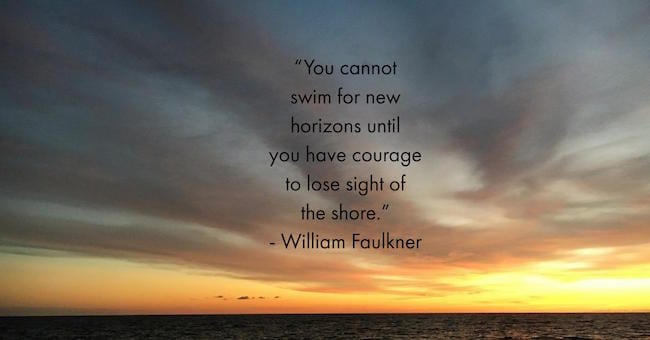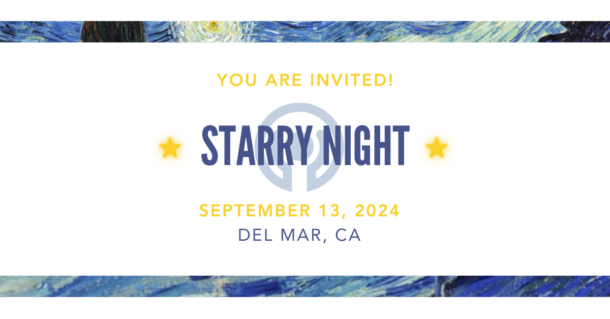Impulsivity is a common symptom of mania, and it can present itself in different ways depending on the person. I tend to talk excessively or start new, often costly projects. I make a lot of poor decisions because I am not thinking clearly. My thoughts race, leaping from subject to subject. Excessive spending, however, is by far the most prominent symptom of impulsivity in my life.
I am diagnosed with both bipolar disorder and ADHD. Both of these can lead to poor impulse control. In my experience, my struggle with impulsive behavior is always present in some form, but it is much worse during mania. Each time is different. Sometimes it doesn’t matter what I am buying as long as I am spending money. I always seem to be able to find something that I think is interesting enough to buy. Other times, I get fixated on certain items or subjects and feel a burning need to acquire everything related to them. For instance, I got into photography last year; I wound up buying a lot of expensive equipment that I really didn’t need and had no idea how to use. I’m just a person who loves taking photos. I am not a professional. But in that moment, in that manic high, I was the best photographer in the world; I was destined to found and build my own business that would be wildly successful. No one could tell me any different. Now that I know about my bipolar disorder, if this begins to happen, those in my life know to encourage me to call my doctor.
I was not yet diagnosed at the time of my photography spending spree. I did not have the support of a treatment team or any knowledge about my illness. And now, a year later, where are these items I so desperately needed? I use the camera to take pictures around the area we live, but I haven’t touched most of the pricy lenses and accessories. I definitely went overboard and got things I didn’t need. It also put a large dent in our bank account. These spending episodes tend to come and go as they please, and can last for some time if I get too sucked in. In the moment, that purchase is the most important thing in the world to me. But the fulfillment that spending brings is empty and fleeting. There will always be the next item out there, something new or better that I’ll find myself wanting.
The cycle of impulse buying has been very damaging on a personal and financial level. Some instances have been more destructive than others, but it always ends the same. I’m left to pick up the pieces of my fractured life that my manic self has scattered in the wind. I’m left to deal with the consequences. And the guilt – the weight of it is overwhelming.
Since my diagnosis, and with time and experience, I’ve been learning to control my impulsivity better. Knowing that I will not be able to maintain the satisfaction I feel the moment I make the purchase or receive my item is a sobering reminder. My therapist and I also created a 4-step process that helps me to contemplate and digest my actions, rather than just engulfing them. It also serves to guide me in filtering out any unnecessary buying. Those four steps are:
1. Do I need this?
2. Can we afford this?
3. How will this help/harm me?
4. Consult with my husband before buying
It is not a perfect system, and I believe that if everyone came up with their own questions, they’d vary from mine. For me, the major battle is actually thinking to stop and think – my impulsive self usually acts first and thinks later. But I’ve learned to see those small accomplishments as successes – be it a pause before purchasing or making it through three of my questions instead of two – even if I ultimately go through with it.
Resisting the urge to spend when you have bipolar disorder isn’t easy. Part of me doesn’t want to resist it because it is fun for that moment, but I’m learning to do it. Part of me doesn’t want to check with my husband before making a purchase because I am afraid I will hear ‘no’ – and the need to spend is oh so important in the moment – but I’m learning to trust his opinion because he has better judgment than I do when it comes to managing our money. Part of me is afraid of change and what that looks like in my life, but I’m tired of being in the same place. Part of me is reluctant because I’ve lived most of my life not knowing that I have bipolar, and though it has been a force of destruction and a source of sorrow, it is also familiar.
While changing and making better choices may be different, that doesn’t mean that it has to be a bad thing. I have a long way to go, and a lot of hard work to put in when it comes to controlling my spending. Sometimes that is discouraging. But it isn’t just about what’s ahead, or how far we have left to go; it’s also about the journey thus far and how far we’ve come. I take heart in knowing one thing: I’m not where I used to be.
Beginnings are hard. As you start out to fight the urges impulsivity brings, it will be difficult to resist them. But the steps you take, whether big or small, build a foundation, a launchpad that will provide you with the strength to keep going. So we fight on.
“You cannot swim for new horizons until you have courage to lose sight of the shore.” – William Faulkner
Read more from Charlie on her personal blogs, Decoding Bipolar and Accepting ADHD. She has also written for The Mighty and New Life Outlook ADHD.


